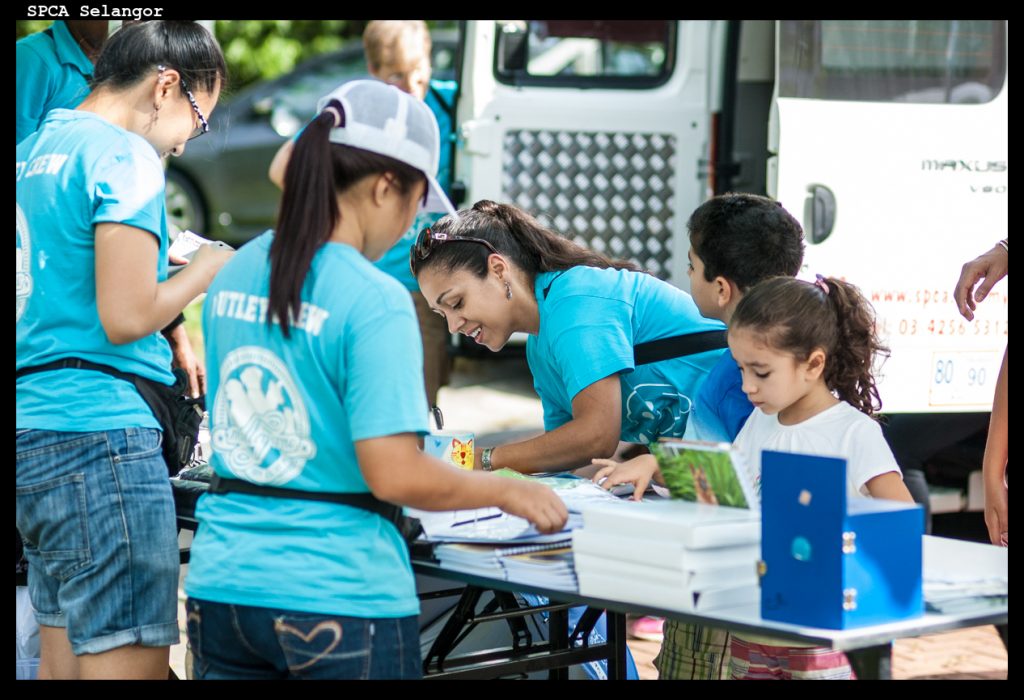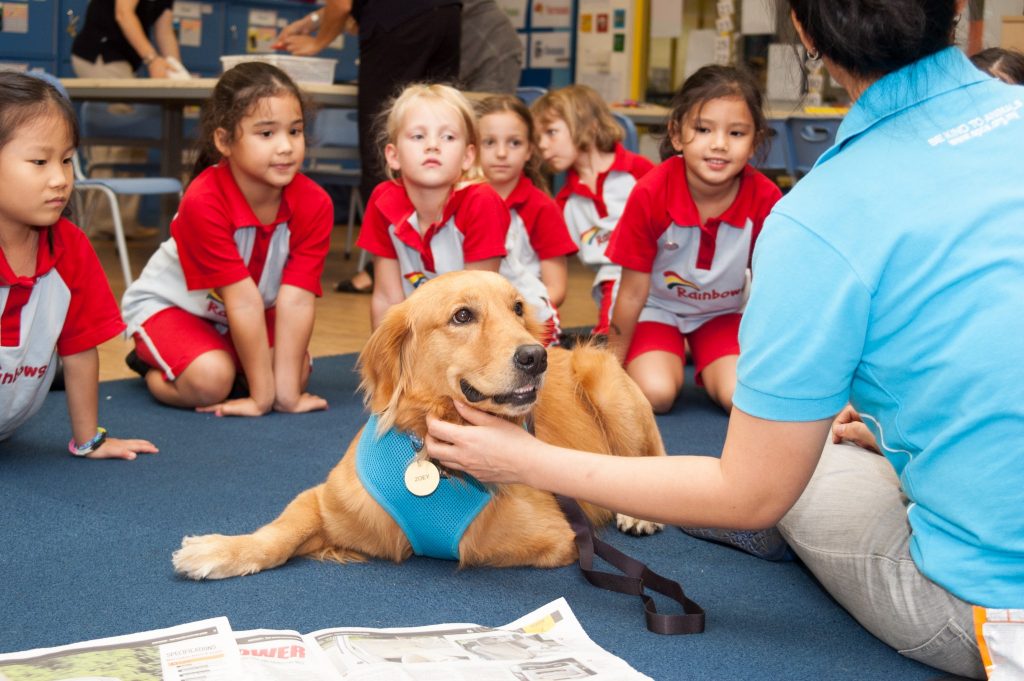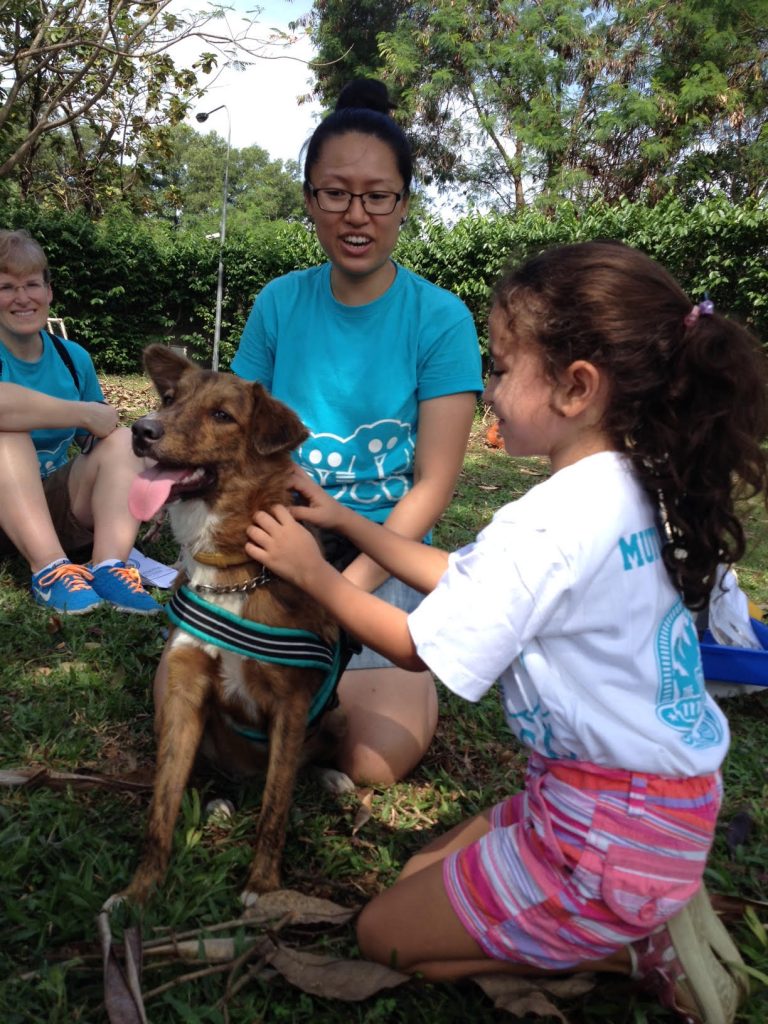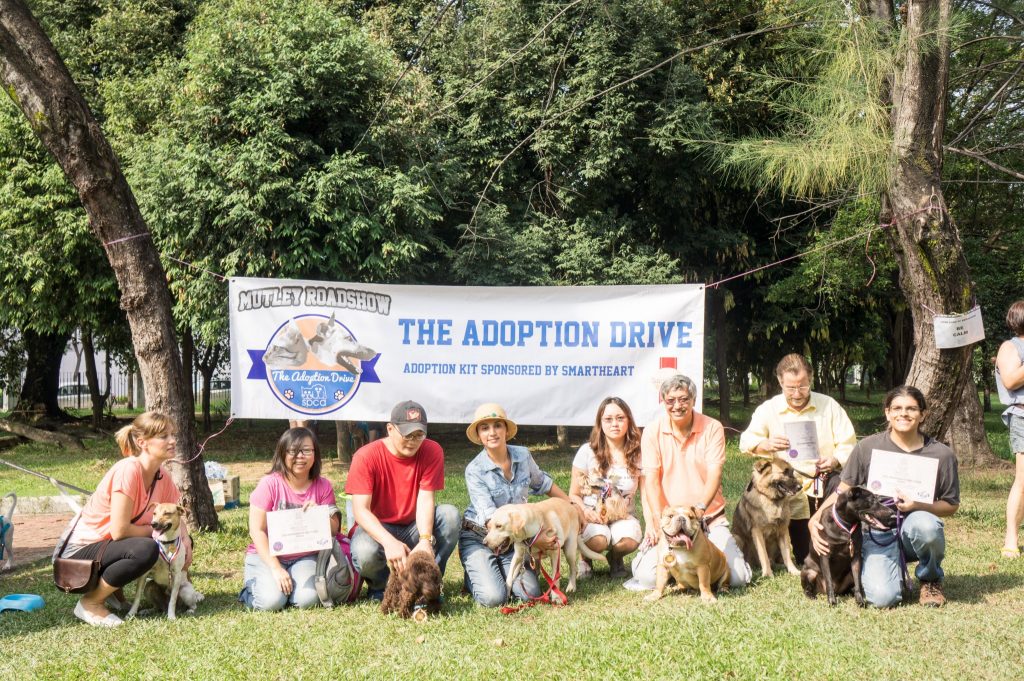One of the non-profit organisations, The Society for the Prevention of Cruelty to Animals (SPCA) is taking a stand by introducing the new SPCA that not only acts as a shelter home for the stray animals, but also to create awareness amongst the community on the importance of protecting animals’ welfare by building a sense of justice, compassion and respect for animals, taking an active role in ensuring a better chance of survival for the animals in their natural habitats.
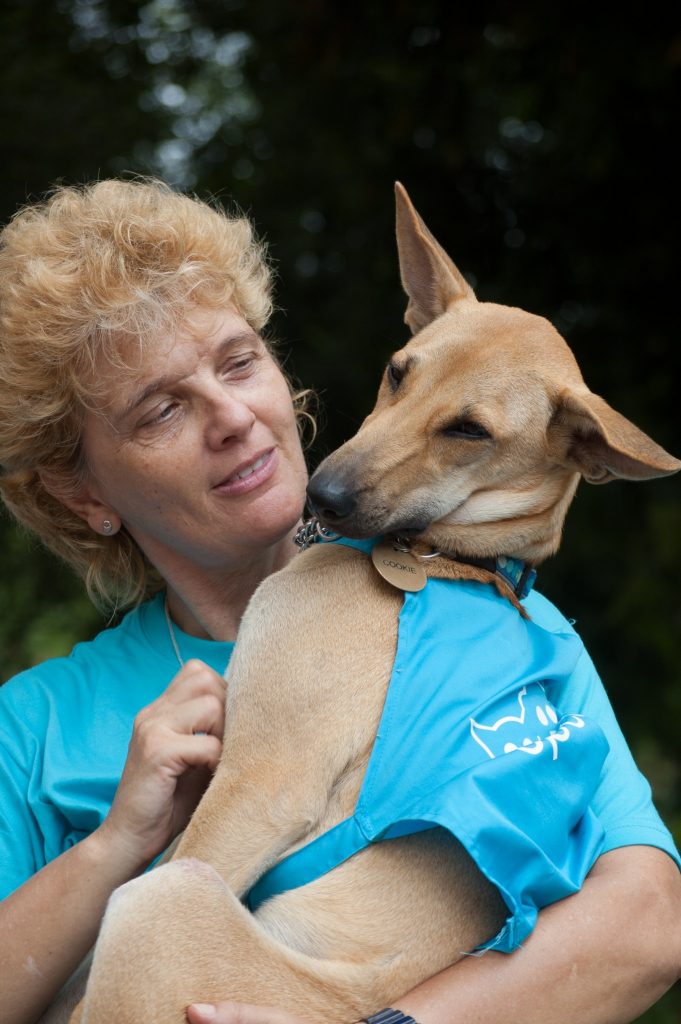
Recently, we had the pleasure of interviewing Lorna Fisher, Chief Operations Officer for the SPCA in Malaysia. Her love of training and working dogs her wish to see everyone enjoy happy healthy pets and a deep seated belief that everyone who understands and enjoys nature and animals will have a better life has lead her into the world of animal welfare and the role of Chief Operations Officer for the SPCA in Malaysia.
Tell us what a typical day is like for you at the SPCA shelter.
The easiest answer to that would be to say there is no ‘typical’ day! Anything can happen and we all make our plans based on all sorts of requests for assistance, support, and help. In general I start the day working with the Animal Welfare Officers (AWO) catching up on the dogs, cats and small animals that we have in our Managed Adoption Programme, hours are invested in rehabilitating and rehoming the animals which come to us.
Then it’s on to emails and logistics, who needs to go where, what are the requests for help, what are the updates on current projects. Right now we are handling over sixteen community support projects helping strays, there are never less than 20 cruelty cases to be followed up on, we have education talks and pet care programmes to schedule, the list goes on. Down to our new centre to check on progress and keep things moving toward moving in by end of June.
By then there’s another dozen calls, emails to deal with so I could be rushing out the door to do a talk, run a programme go to an event or check on an emergency situation that’s cropped up. Never a dull moment!
There are a lot of cases that involve children being cruel to animals, how do you think we can change this?
Education, education, education, I know it’s said a lot and it’s hard to make an impact with this simple message but the reality is that most behaviour issues with children and animals are created by their lack of understanding and opportunity to connect to animals in a holistic, empathetic way, sadly their parents are often equally disconnected, teaching them to fear and avoid animals.
Yet children are fascinated by animals and given half a chance to meet them, understand them and connect to them they quickly move from aggressor to advocate. We have seen tremendous results from our pet care programmes and school education talks and I personally have had the privilege to work in animal assisted therapies (AAT) and watched animals help kids turn their lives around.
Once in a while, news pops up that the animals in SPCA are not treated well. Are those just rumours or does it truly get overwhelming once in a while?
The one thing I can assure everyone is that nothing is more important to us than the welfare of our animals, whenever I hear about rumours that negate that I always say anyone is welcome to come and meet the animals, talk to the AWO and myself and if they are confused or question anything we do then please ask.
Rumours do get spread, sometimes because we have had to say ‘no’ we are just too full and we cannot take in and people get angry at us. The number of animals who need help is overwhelming and every shelter and organisation battles constantly with overcrowding. I admit I take a strong stance on this, overcrowding creates, stressed, unhappy animals and leads to all kinds of physical and psychological illness and I won’t let that happen.
What is SPCA’s policy of new boarders? If I’m not wrong, SPCA is not a no-kill shelter so how long are animals up for adoption for?
We pledge that every viable animal will be found a home. For us to continue to help we must determinedly seek to rehabilitate and rehome, thus creating another space to help the next animal. We have no end date on the time we have an animal for; some may be with us just a few weeks before adoption others 3 months. This is the new era of SPCA every animal we take in is given a through health check and behaviour assessment. We then determine the best rehabilitation programme to help them find the right permanent home. Sometimes we have to make the sad decision that the animal is too sick and is in too much pain and we will humanely put to sleep, never will we let an animal suffer.
Besides funding, what are some of SPCA’s most prevalent challenges?
I am glad you mentioned funding because that is our biggest challenge! And why do we endlessly fundraiser because the need is great. Our reality is there are tens of thousands of unwanted stray animals in Selangor and the Klang Valley alone. Thousands of animals, dogs, cats, rabbits, birds being bred in abusive conditions to fill pet shops most of whom will end up not wanted. The population is being added to all the time in an alarming way.
What are some of the most common cases you see when it comes to people giving up pets?
Choosing a pet for highly emotional reasons without putting enough practical thought into the long term is the most common. Buying a kitten because it looks cute, buying a Husky because you love the colour of its eyes, then it grows up and its not cute anymore, it’s a nuisance everyone gets upset and it becomes the animals fault.
The saddest one is older pets that the owner cannot look after or the family won’t help, these are heart wrenching.
Change of circumstances such as moving into a place which won’t allow pets are equally sad. The animals become victims of circumstances. The worst for us is those animals that get dumped on the road, outside our door, at the local temple, in front of the animal lover’s door, because the owner can’t cope anymore or the animal is sick and they don’t want to take responsibility for its care. Boxes of puppies or kittens are a common occurrence, an unwanted nuisance dumped on someone else’s doorstep. Those poor pets are so confused and scared. We are always left wondering how people can throw them out and drive away.

